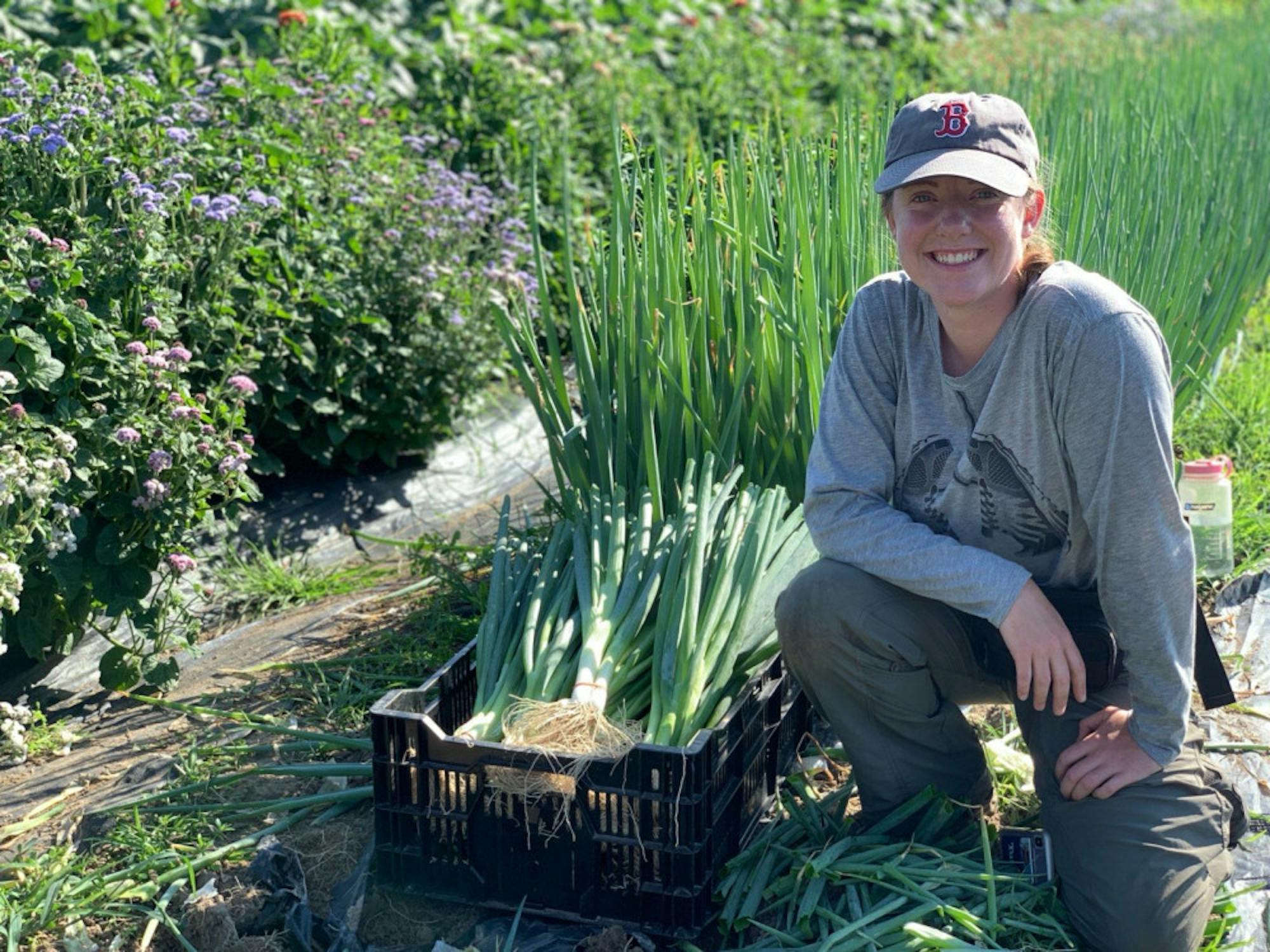For students aspiring to work in the public or nonprofit sectors, finding a paid summer internship can be a daunting prospect. Shortages in paid internships can force some students to sacrifice their interest in a field or organization for a better-paying opportunity; as a result, these students may not get the proper experience they need to pursue their career interests beyond graduation.Tisch Summer Fellows (TSF) aims to solve this problem by matching Tufts students with appropriate organizations and providing a stipend to cover costs of living.“The goal of TSF is to provide students with the opportunity to work not only in the nonprofit sector but also in the public sector as well as some in the private sector working on issues for the common good,” Senior Director of Tisch College Programs Mindy Nierenberg said.According to Nierenberg, TSFbegan in the early 2000s as a program called “Active Citizenship Summer,” which placed 12 students with organizations in Somerville, before expanding to Medford, Boston and Chinatown. The program is completely funded by donors and relies on Tufts’ robust alumni network to connect students with organizations.“[It] began as a way for us to support our local community partners during the economic downturn when they were no long[er] able to pay additional staff,” TSF Program Administrator Maggie McMorrow said. “It was also, of course, a valuable opportunity for Tufts students to engage with local communities and hone both civic and professional skills.”After the success of Active Citizenship Summer, the program expanded beyond Boston, incorporating organizations in New York City and Washington, D.C., in response to feedback from students, and changed its name to Tisch Summer Fellows. Now, according to Nierenberg, there are additional independent projects in India and Israel that follow the TSF model.Nierenberg believes the connection between the students and their alumni mentors is what really makes the program so successful.“The alumni are really interested in building young people and contributing to their education,” Nierenberg said. “I am really stunned by the amount of passion and expertise that students come prepared with.”McMorrow mentioned she had received a lot of positive student feedback regarding the mentorship program.“We do our best to match students and alumni mentors who have similar professional interests and career paths, but we encourage both students and mentors to be open to connecting in ways beyond a specific profession,” McMorrow said.When applying, students have the option of submitting applications to up to three programs, ranked in order of preference. Students then interview with Tisch College, and if selected, interview with one of the organizations to see if there is a fit of interest and opportunity. Seniors Aubrey Fleming and Alexa Weinstein both participated in the program this summer. Fleming, a biology major, spent the summer working for the Arcadia Center for Sustainable Food and Agriculture in Washington, D.C. According to Fleming, the organization works to create a more sustainable food system in the area. She worked on a four-acre sustainable vegetable farm, which feeds into Arcadia’s Mobile Market.“Mobile Market identifies regions in D.C. that are food deserts and the residents have low car ownership, so they can’t go to groceries stores,” Fleming said. “We set up a farmer’s market right in those areas so they can get our fresh produce for various affordable prices.”Fleming, who had never done this type of farming work before, was overall very satisfied with the experience and connections she gained this summer.“My organization was perfect for me and a very unique opportunity,” Fleming said. "Myboss put me in contact with a lot of people, which may lead to full time opportunities in the future.”Weinstein, a political science major, has spent all three of her undergraduate summers as a participant in TSF. After her first year, Weinstein helped run interactive campaigns as a policy intern with the AARP. As a sophomore, she was a strategic communications intern for Blue Engine Message & Media. This past summer, Weinstein researched election security for a think tank called New Democrat Network.“TSF has given me the opportunity to have these internships that I never thought possible,” Weinstein said.As a veteran of TSF, Weinstein has been able to see how the program has changed over the past few years. In addition to general growth and more events like alumni panels, Weinstein feels that TSF has become more organized and better suited to participating students. She mentioned that the program has incorporated student feedback and has adjusted accordingly.“They’ve really stepped up since my [first year],” Weinstein said.In terms of areas for improvement, both Fleming and Weinstein feel that the stipends in New York City and D.C. aren’t sufficient to support students on their own for a summer.“It feels impossible to live in D.C. on the stipend alone,” said Fleming, who was able to get additional funding through a housing fund for students on financial aid which was created this year. “Some students who I knew in the program had to rely on additional funding from their parents in order to live in these cities for the summer.”Weinstein agreed. “Students shouldn’t be losing money over the summer participating in TSF, so they should continue to expand the financial accessibility.”McMorrow said that she understands their concerns and wants to make sure the program is financially feasible for anyone who wants to apply.“We have increased the stipend amount over the years, but we know that there is more that we could do,” McMorrow said. “We are constantly trying to find ways we can increase our support so that every TSF [position] is accessible to all students.”
The positive experiences of Fleming and Weinstein highlight the void that TSF has filled for students who struggle to find summer opportunities that provide both relevant experience and funds to cover the cost of living. As the program continues to grow and evolve, it seems that more students of different backgrounds and interests will be able to reap their benefits.






